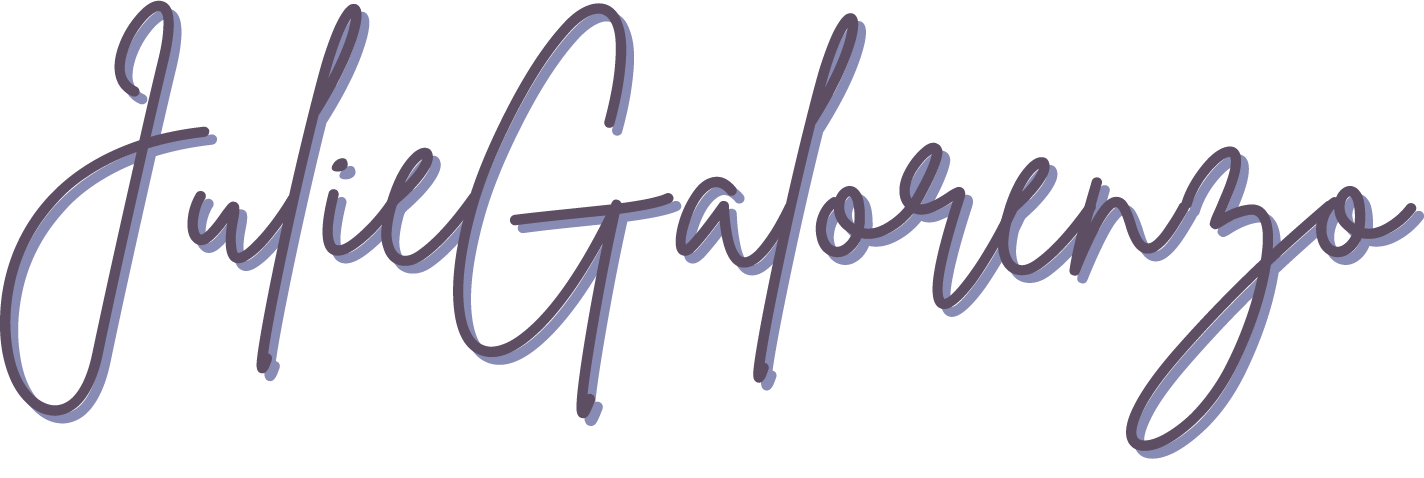#73: Dear Julie… learn about acting?
Wednesday 10/9/24
DEAR JULIE: I’m new to acting. I love singing and dancing but I haven’t taken any classes and have no training aside from what I’ve picked up being in shows. I’m in college and would love to train but I plan to do shows as a hobby as I am going to school for psychology. How can I learn more about acting while I’m studying something else? I won’t have time to take a class until I graduate.
So the good news is that you can learn a TON about acting without stepping foot in a class. A class is great because acting IS a fine art and needs practical application of theories and ideas. So, when you are ready and have time, getting into an acting class is a great idea. You’ll want one that deals with monologues and scene study. Any good acting training company will make you start at “intro to acting” where you can get used to language and start getting comfortable. They’ll usually make you take improv and theatre games as well before diving in to more challenging skills.
I’m going to direct you to the book Respect for Acting by Uta Hagen. This is a tangible read and drills down to 9 main questions you can ponder about building a character. Any acting class will review these - keep in mind these 9 points eventually became 6, but even those are still referred to as “Uta Hagen’s 9 questions”.
Uta Hagen held a lot of influence in 20th century American Theatre. She made her Broadway debut in 1938 in Anton Chekov’s The Seagull. She also acted against Marlon Brando in A Streetcar Named Desire. She also originated the role of Martha in Who’s Afraid of Virginia Woolf? Uta taught for years at the Herbert Berghof studio in New York. She instructed many well-known actors including Jack Lemmon, Matthew Broderick, and Al Pacino. She wrote two books on acting: Respect for Acting (1973) and A Challenge for the Actor (1991). When it came to the craft and technique of theatre, her career encompassed the four roles of actor, director, teacher, and writer.
In Respect for Acting, Uta identified 9 questions an actor should ask themselves as they prepare. It’s all about being as specific as possible.
1. Who am I?
Who is your character? Identify all the details: name/age, physical traits, education, personal opinions, likes, dislikes, fears, ethics, and beliefs.
2. What time is it?
The year, the season, the day, the minute. What is the significance of time?
3. Where am I?
Identify the country, the city/town, the neighborhood, the building, the room or the specific area of the room.
4. What surrounds me?
What is happening in the environment around you? Weather, landscape, people, animate/inanimate objects?
5. What are the given circumstances?
Identify events in the past, present, and future. What has happened, what is happening, what is going to happen?
6. What are my relationships?
This is more than your relationship to other people. Think about your relationship to objects, characters, and events.
7. What do I want?
What do you want immediately? What does the character want overall?
8. What is in my way?
What are the obstacles to getting what you want?
9. What do I do to get what I want?
What actions do you take (both physically and verbally)? What tactics?
These questions will give students a comprehensive list to follow with their character development and are simply a jumping off point to get you acclimated to the language of acting. Have fun and investigate! It’s so fun to hunt for clues in the script. Stay curious!
Dreams Don’t Die
Julie
